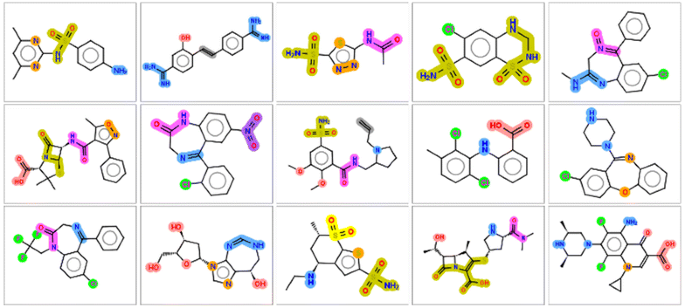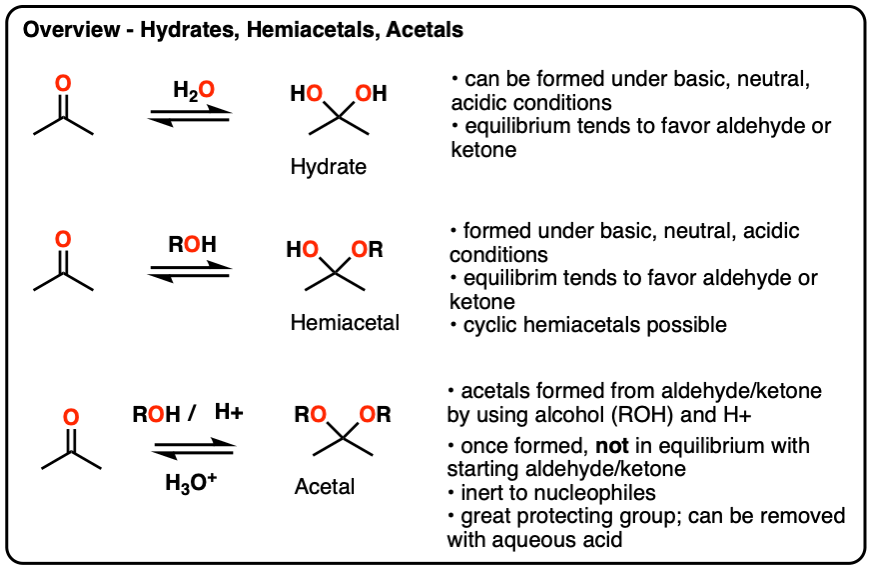
Acetally is a crucial compound in organic chemistry, known for its stability, versatility, and widespread applications.This comprehensive guide delves into the structure, synthesis, stability, and uses of acetally, catering to the needs of researchers, chemists, and industrial professionals.
What is Acetally?
Understanding Acetally in Organic Chemistry
Acetally compounds are fundamental organic molecules characterized by their stability and functional versatility. These compounds often serve as intermediates in complex chemical reactions, particularly in organic synthesis and industrial processes.
- Acetally compound and Acetally structure play critical roles in forming stable intermediates.
- Acetally’s reactivity stems from its well-defined functional groups, which facilitate controlled reactions.
Why is Acetally Significant?
Acetally’s significance lies in its unique properties and ability to stabilize reactive intermediates during synthesis. Its relevance includes:
- What are acetally compounds and how are they used? They are used as stabilizers in chemical reactions and as intermediates in pharmaceuticals.
- Enhanced stability compared to other organic molecules.
- Key applications in pharmaceuticals and industrial manufacturing.
How is Acetally Synthesized?
Laboratory Synthesis of Acetally
Synthesizing acetally involves reacting aldehydes or ketones with alcohols under acidic conditions, forming a stable intermediate. The process is essential for creating compounds used in pharmaceuticals and industrial processes.
Steps in Acetally Synthesis:
- Initiate a reaction between aldehydes/ketones and alcohols.
- Employ an acid catalyst to drive the reaction.
- Extract the stable acetally compound formed as a result.
Reaction Mechanisms Involving Acetally
The reaction mechanisms of acetally formation involve:
- Protonation of the carbonyl group.
- Nucleophilic attack by alcohol molecules.
- Formation of a hemiacetal followed by acetally stabilization.
This mechanism highlights the chemical pathway essential for industrial organic chemistry.
Applications of Acetally
Industrial Applications of Acetally Compounds
Acetally compounds have broad industrial applications due to their stability and reactivity.
- Used as stabilizers in polymer production.
- Essential in the manufacturing of specialized coatings and adhesives.
- Found in chemical processes that require precise reaction control.
Acetally in Pharmaceuticals
In pharmaceuticals, acetally compounds serve as intermediates and stabilizers in drug synthesis, ensuring the desired properties of the final product. Examples include:
- Drug formulations requiring controlled reactivity.
- Stabilization of sensitive pharmaceutical intermediates.
Structure and Stability of Acetally
Chemical Structure of Acetally
Acetally compounds feature a distinct structure, making them resistant to hydrolysis and decomposition. The Acetally structure allows:
- Enhanced stability in reactions.
- Versatility in bonding with other organic compounds.
Factors Affecting Acetally Stability
The stability of acetally depends on:
- Environmental conditions, such as temperature and pH.
- Structural elements like functional groups that resist decomposition.
Comparing Acetally to Other Compounds

Acetally vs Acetal – Key Differences
Acetally and acetal share similarities but differ significantly in their chemical properties:
- Acetally vs acetal: Acetally exhibits greater stability and broader industrial applications.
- Acetal is more commonly found in simpler organic reactions.
Advantages of Using Acetally in Synthesis
Acetally offers several advantages:
- Stability during multi-step synthesis.
- Compatibility with a wide range of reaction conditions.
Conclusion
Acetally stands out as a versatile and indispensable compound in both industrial and pharmaceutical chemistry. Its unique properties, including enhanced stability and reactivity, make it invaluable in organic synthesis and industrial processes. Whether used as a stabilizer, intermediate, or active agent in chemical reactions, acetally has proven its significance across diverse applications. By understanding its structure, synthesis, and advantages, professionals can harness its potential to achieve innovative and efficient solutions in their respective fields.
FAQs
What are acetally compounds and their uses?
Acetally compounds are organic intermediates used in pharmaceuticals, industrial manufacturing, and chemical synthesis due to their stability and versatility.
How is acetally synthesized in a lab?
Acetally is synthesized by reacting aldehydes or ketones with alcohols under acidic conditions, forming stable intermediates used in various applications.
What makes acetally different from acetal?
Acetally differs in structure and stability, offering enhanced reactivity and broader uses compared to acetal in organic synthesis.
What are the advantages of acetally in organic synthesis?
Acetally provides stability and flexibility in reaction pathways, making it a preferred choice in pharmaceuticals and industrial processes.
Where are acetally compounds commonly used?
Acetally compounds are widely used in drug formulations, industrial manufacturing, and as intermediates in complex organic reactions.






